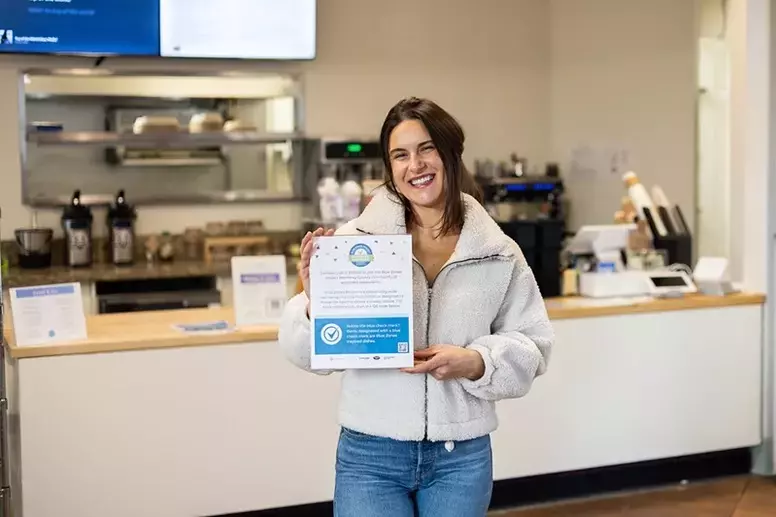
A compelling narrative emerges from the story of Leilani Leszkay, a graduate student at the Middlebury Institute whose personal enthusiasm for food sustainability has evolved into a meaningful academic pursuit and career aspiration. Her journey highlights how students can leverage unconventional interests to create impactful projects within their educational framework. Focused on environmental policy, Leszkay’s work centers around integrating plant-based dietary principles into institutional settings. By collaborating with campus stakeholders and external organizations, she successfully transformed her university café into a model aligned with global health initiatives like the Blue Zones Project. This endeavor not only reflects her dedication to sustainable eating but also underscores broader ambitions to influence large-scale food service operations worldwide.
Leszkay’s fascination with food extends beyond mere sustenance; it is deeply intertwined with climate change mitigation efforts. Recognizing that food systems contribute significantly to greenhouse gas emissions, she sought ways to amplify advocacy for sustainable diets. Her background in animal rights and nutrition laid the groundwork for pursuing advanced studies in environmental policy. Initially uncertain whether the institute could accommodate her unique focus, Leszkay discovered a supportive environment after connecting with faculty members. Under their guidance, she embarked on a directed study project aimed at enhancing the ecological footprint of her campus dining facility.
This initiative gained momentum when Ardent Culinaire, the new vendor managing the campus café, expressed interest in aligning its services with the Blue Zones Project standards. Partnering with key personnel from both entities, Leszkay devised strategies to revamp the menu by incorporating healthier options while applying behavioral science insights to optimize presentation techniques. These modifications resulted in achieving official recognition as a Blue Zones-approved venue earlier this year. Such accomplishments underscore her ability to blend theoretical knowledge with practical application effectively.
Beyond immediate achievements, Leszkay envisions expanding her influence through collaborations with major food service providers such as Sodexo and Aramark. Her long-term objective involves encouraging widespread adoption of plant-based alternatives across diverse sectors including education institutions, correctional facilities, and recreational areas. This vision resonates strongly with current trends emphasizing sustainability and public health improvements. As graduation approaches, Leszkay reflects fondly on her time at the institute, praising its vibrant community driven by shared passions and collective purpose.
Through innovative thinking and strategic partnerships, Leilani Leszkay exemplifies how individual pursuits can catalyze systemic changes. Her commitment to advancing environmentally friendly practices within food systems demonstrates the potential impact one person can have when merging personal convictions with professional expertise. Looking ahead, her contributions promise to inspire others seeking similar pathways toward creating positive transformations in their respective fields.
